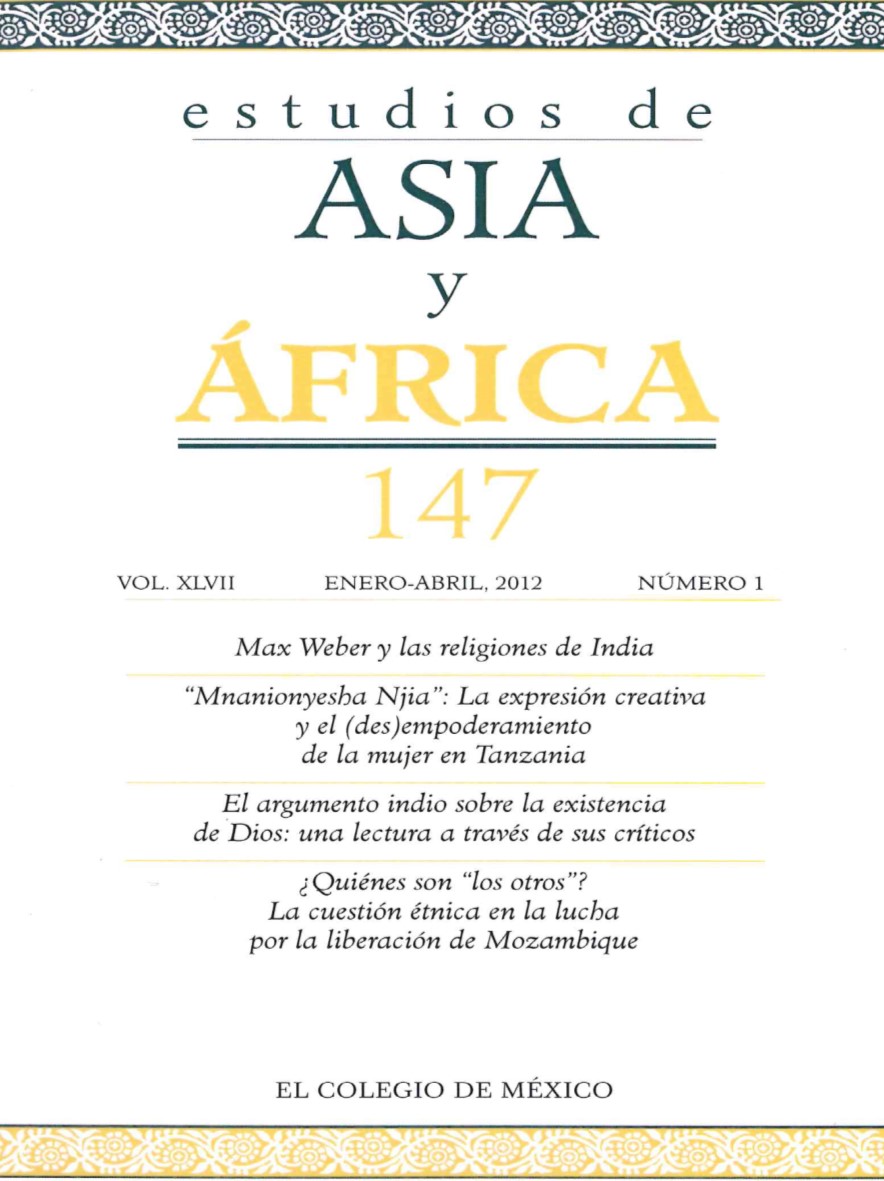Abstract
This essay discusses the present-day relevance of the discussions of Hindu religion found in the works of the famous German sociologist-historian, Max Weber (1864-1920). Historically, Weber's “value-neutral” approach to the study of so-called world religions can be seen as a great advance over the Christian and European bias found in earlier attempts to analyze non-Christian religions by European and American scholars. On the one hand, Weber clearly used his study of Asian religions as a means to find an explanation for what he saw as the more dynamic growth of European political and economic institutions. His studies of modern Hinduism are now of limited value, mainly because of the limited and inadequate sources he used to study this topic. In particular, he overemphasized the relation between castes and Hindu sects and wrong posited a supposed orgiastic origin for modern Hindu devotional religion. On the other hand, Weber’s analysis of the religion of non-privileged social classes has the potential to be of great use for the study of low-caste Hindu religious groups.This work is licensed under a Creative Commons Attribution-NonCommercial-NoDerivatives 4.0 International License
Copyright 2022 Estudios de Asia y África


